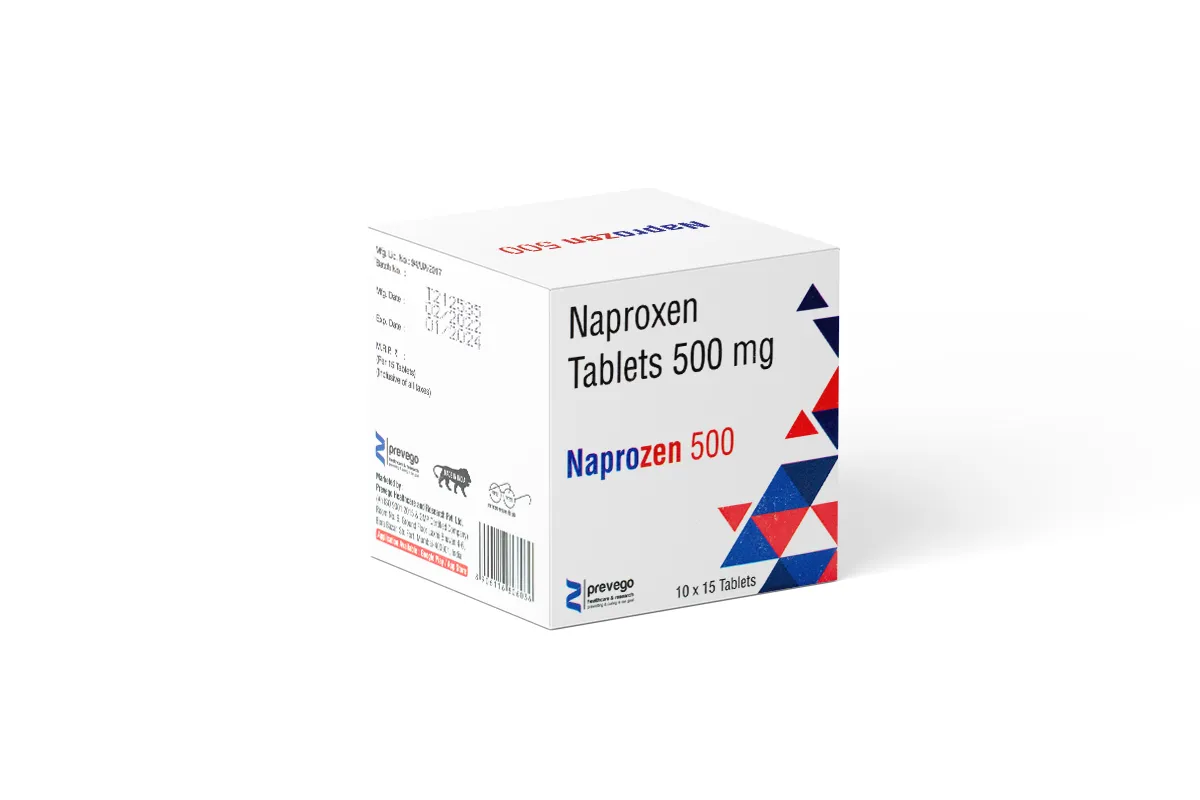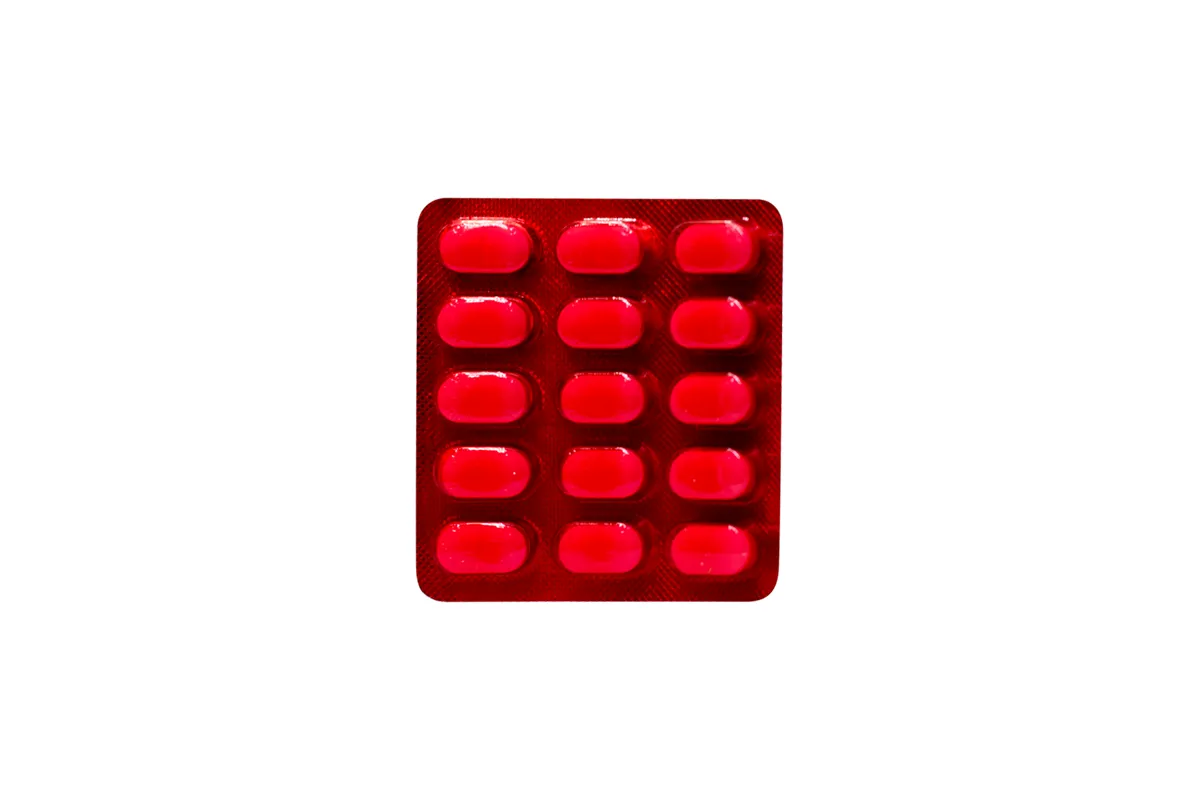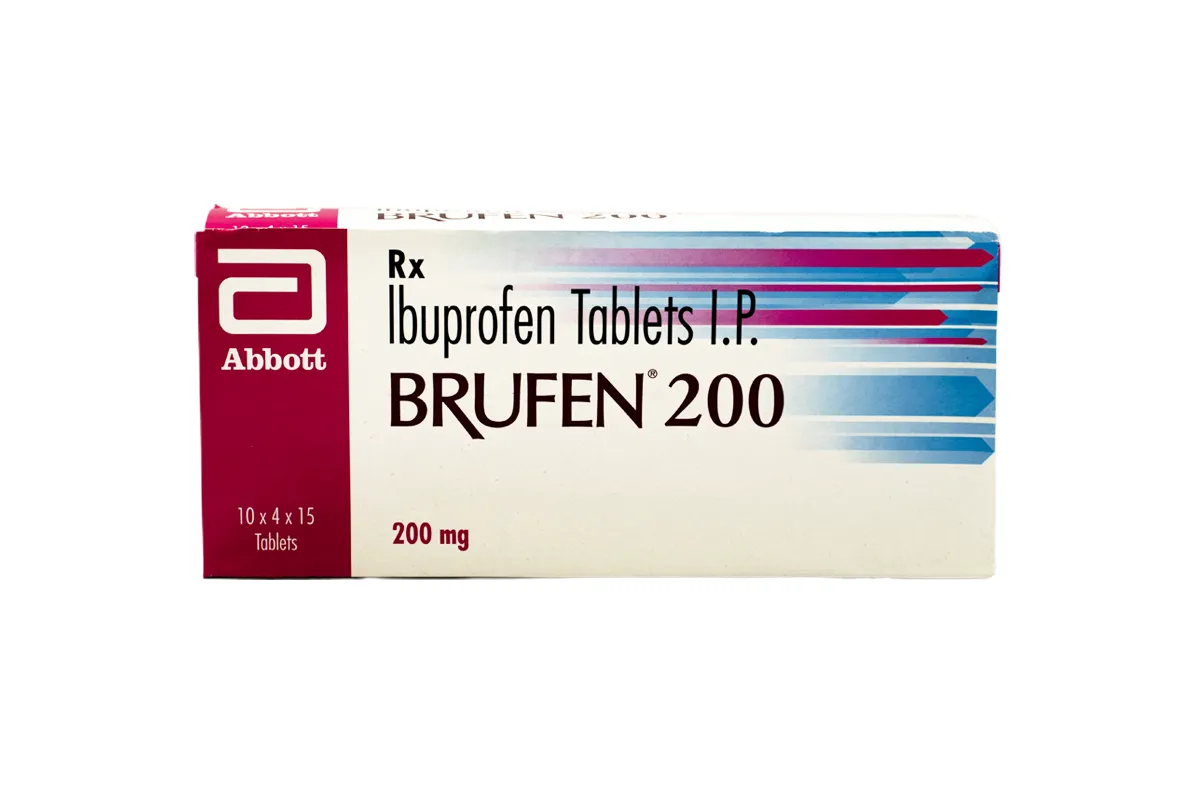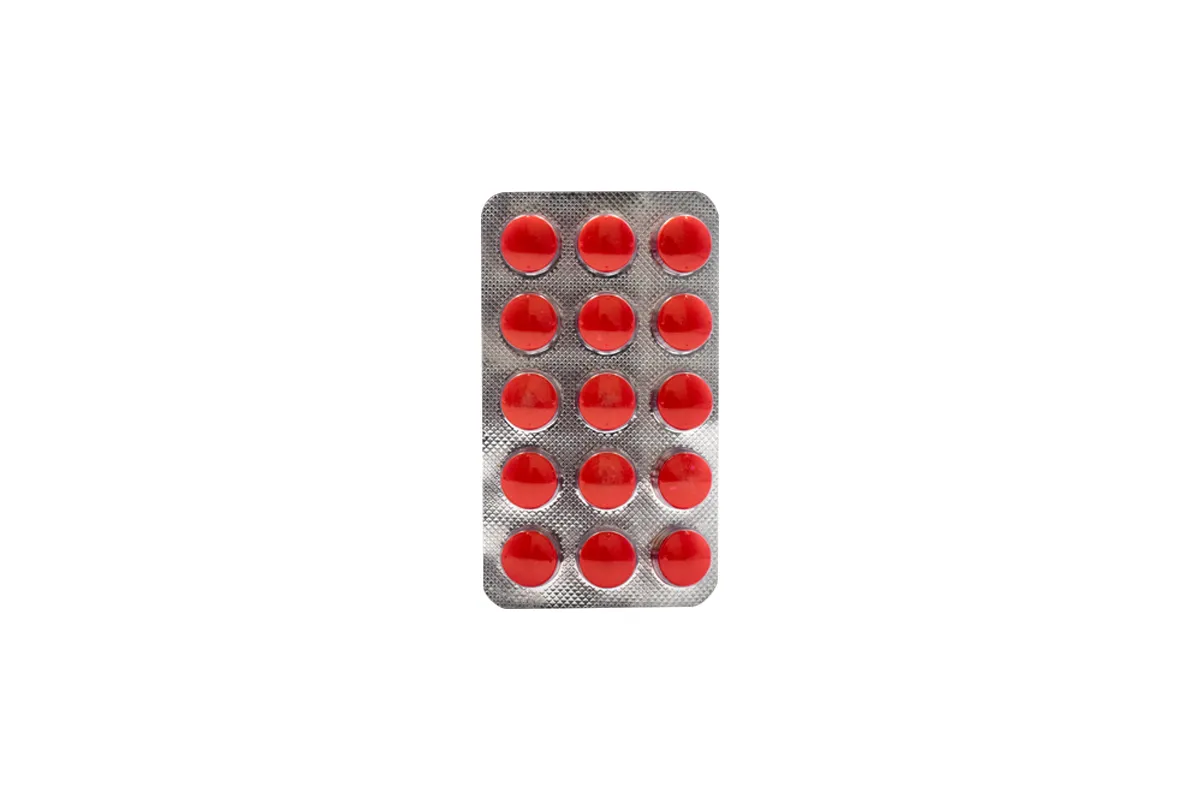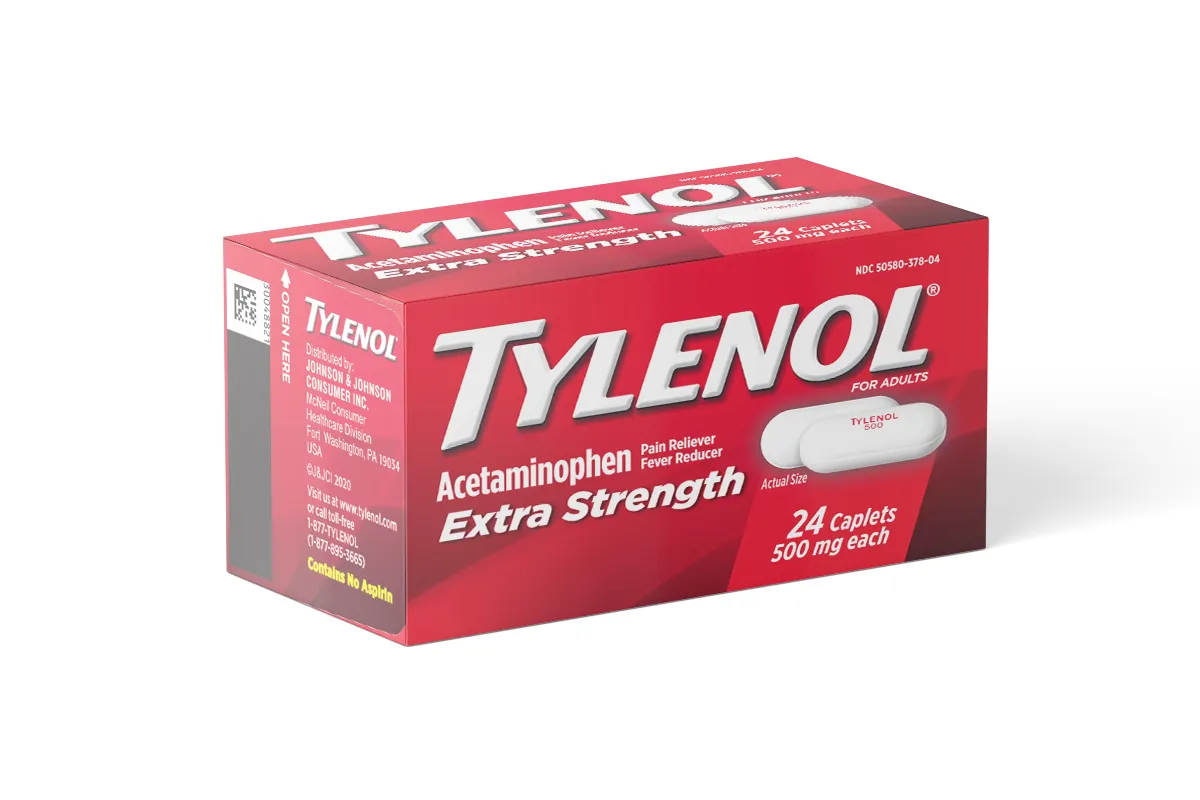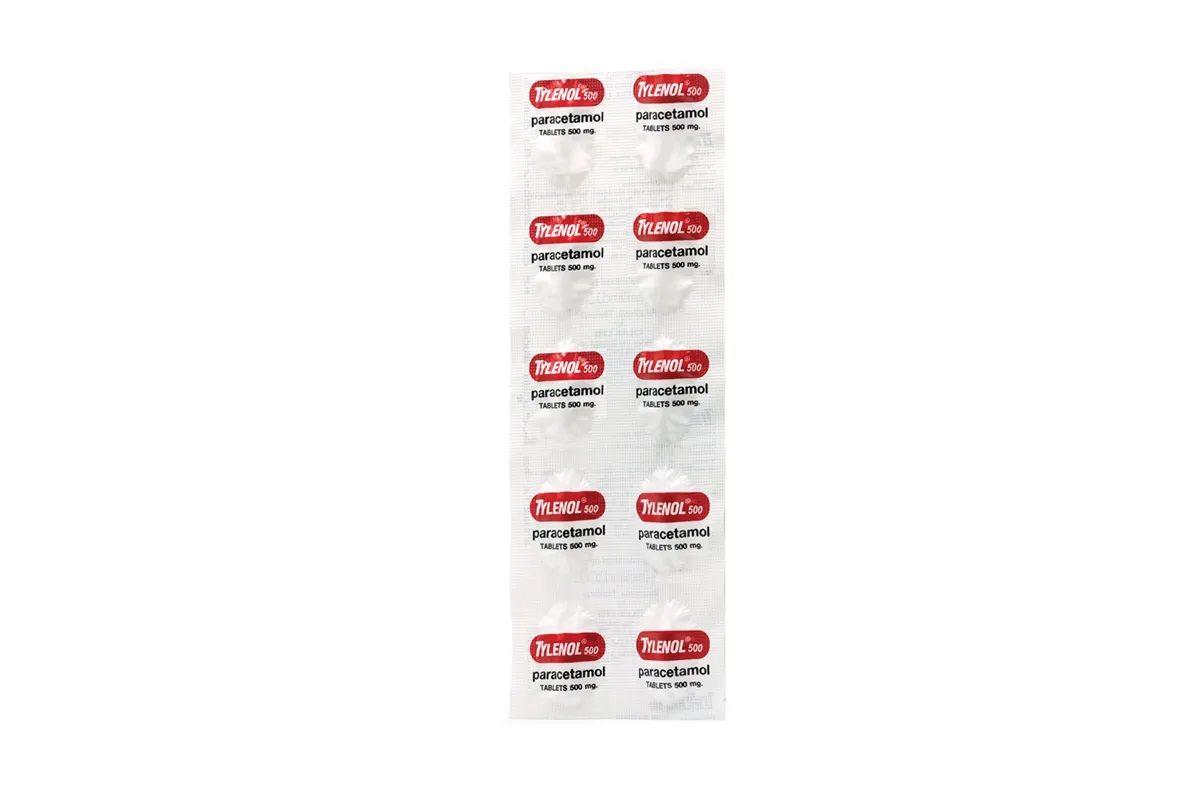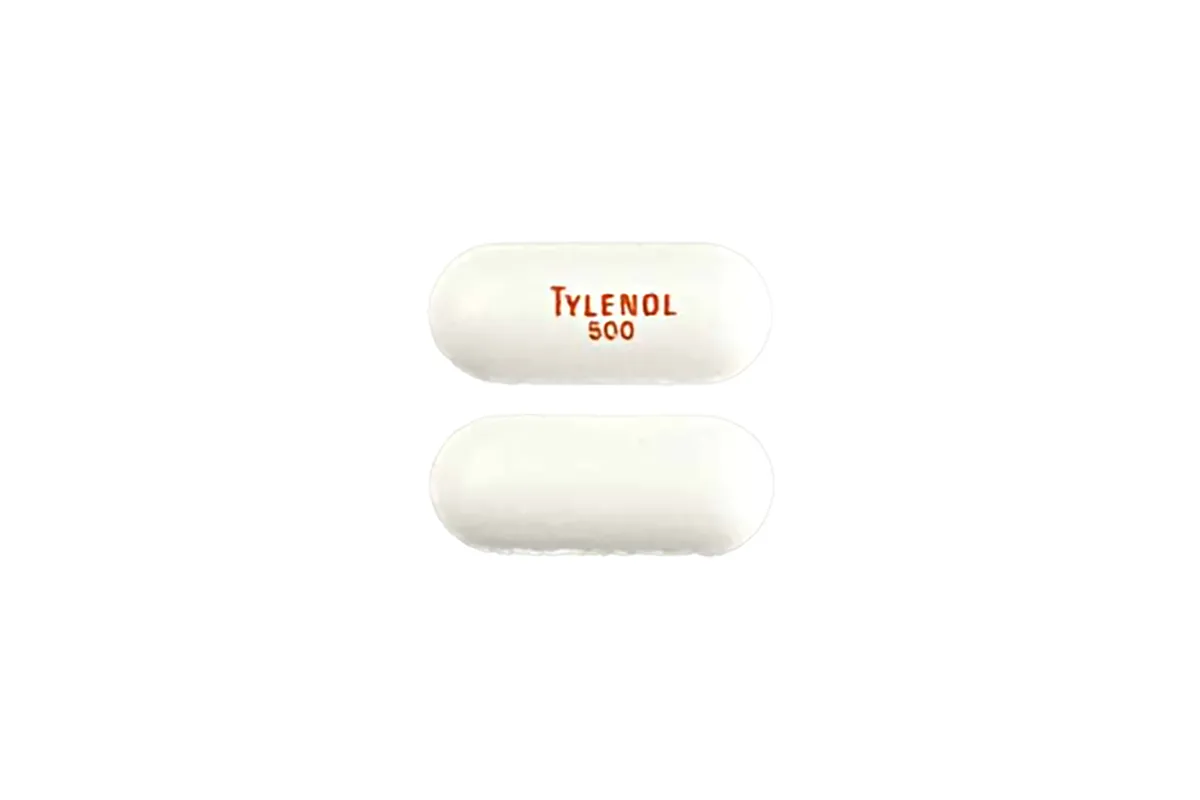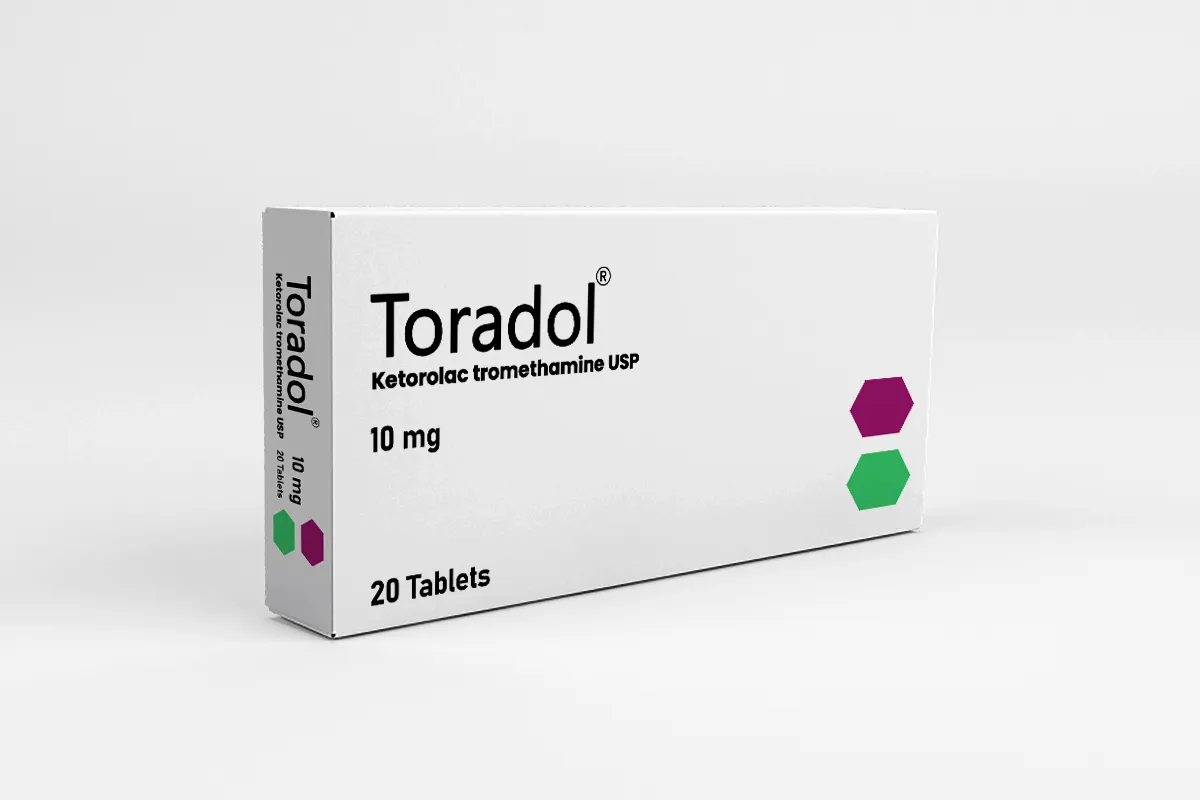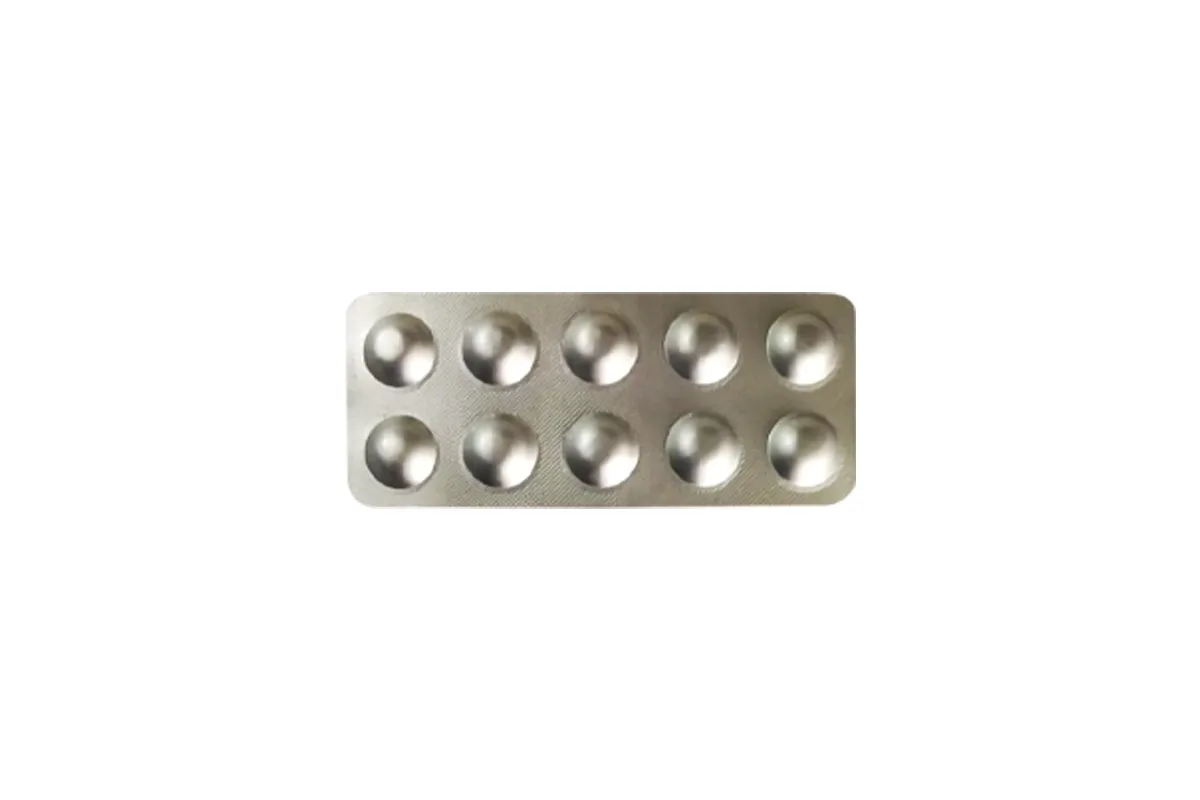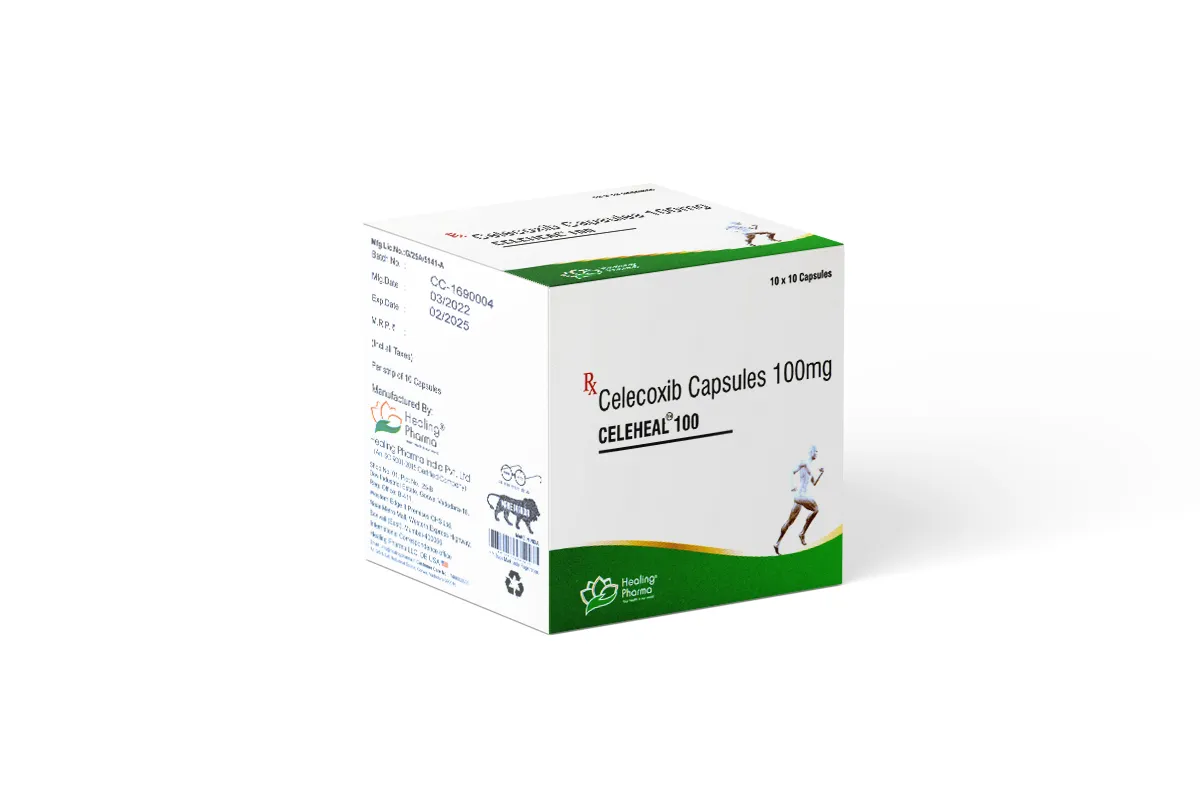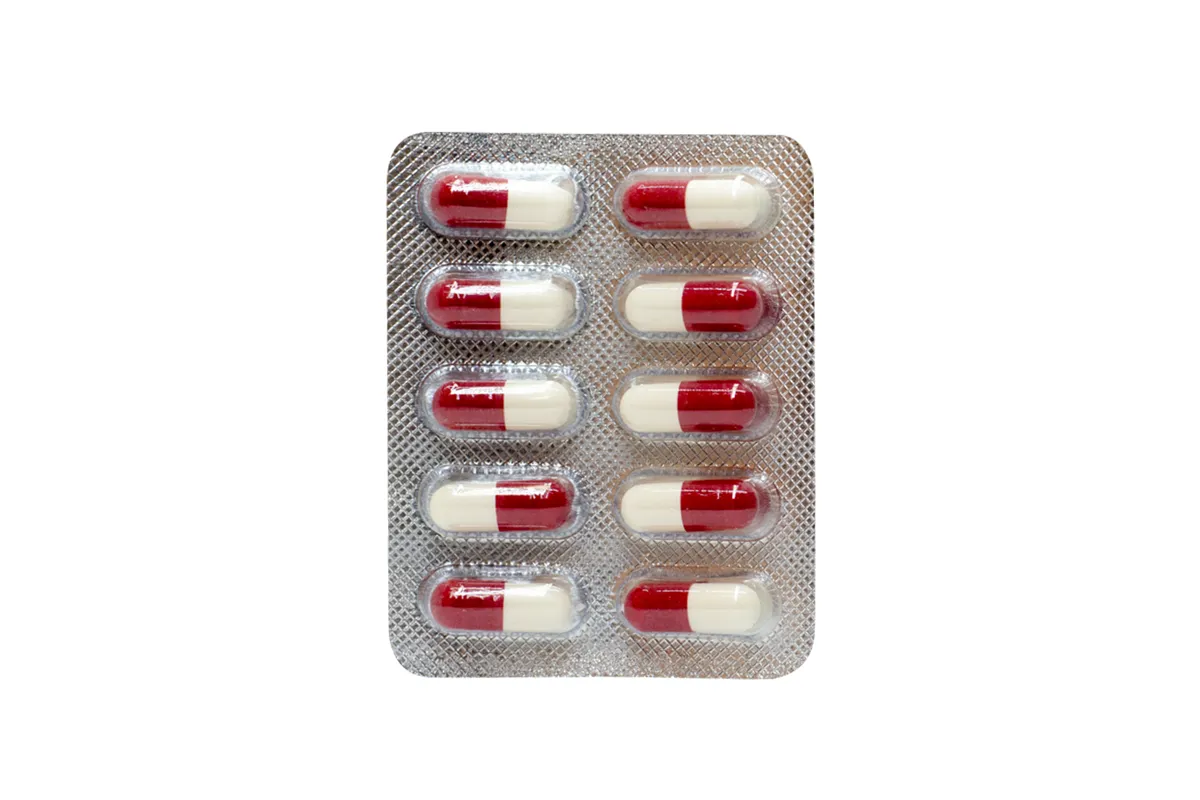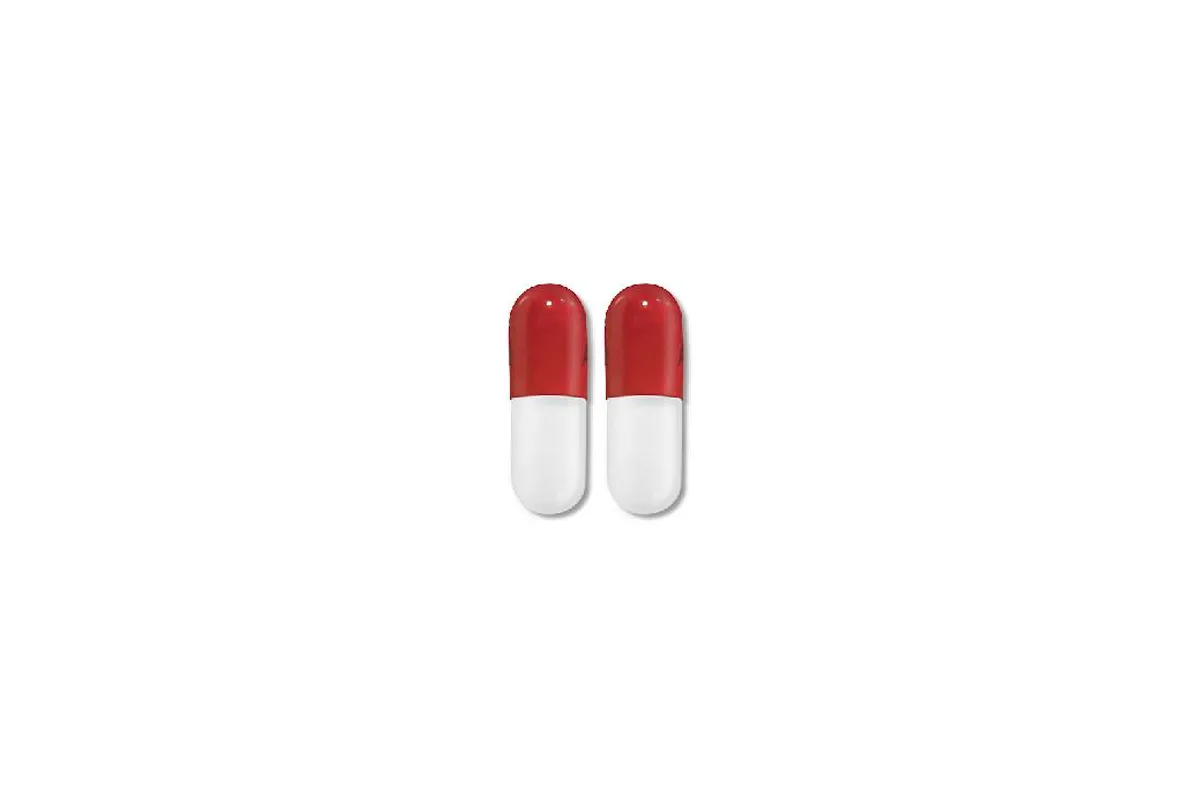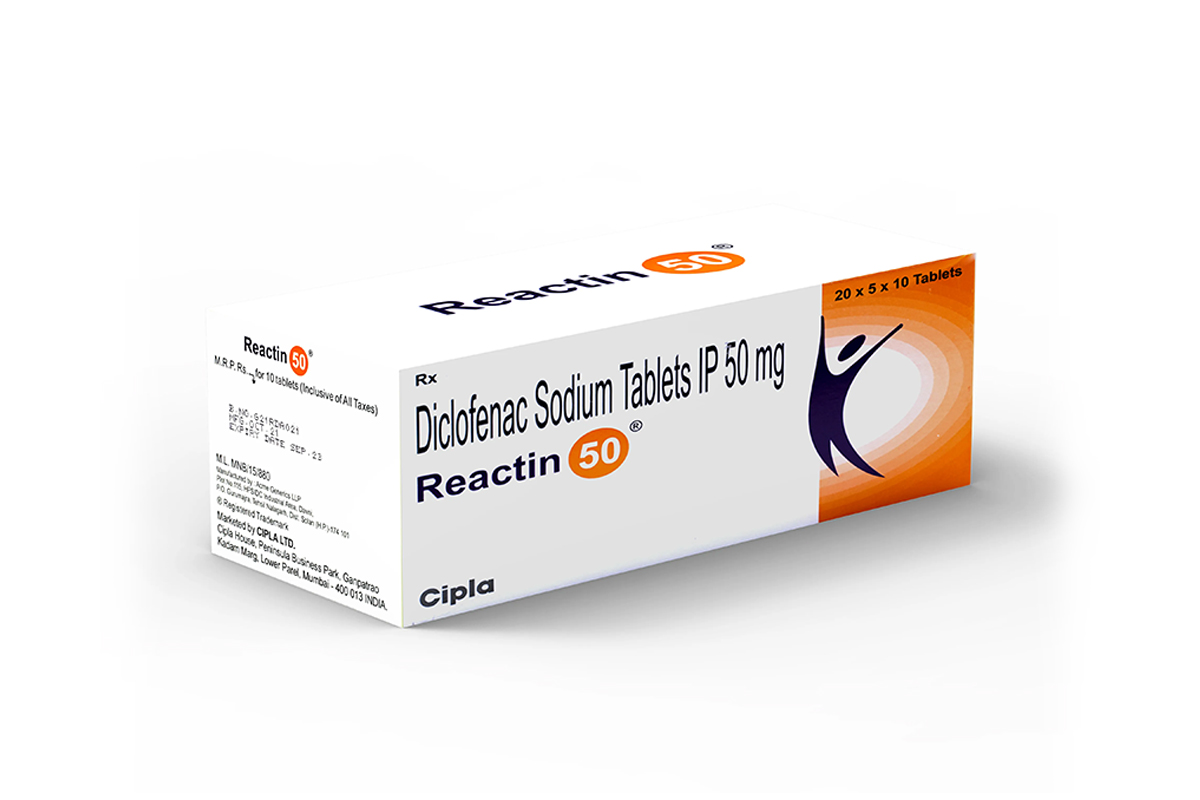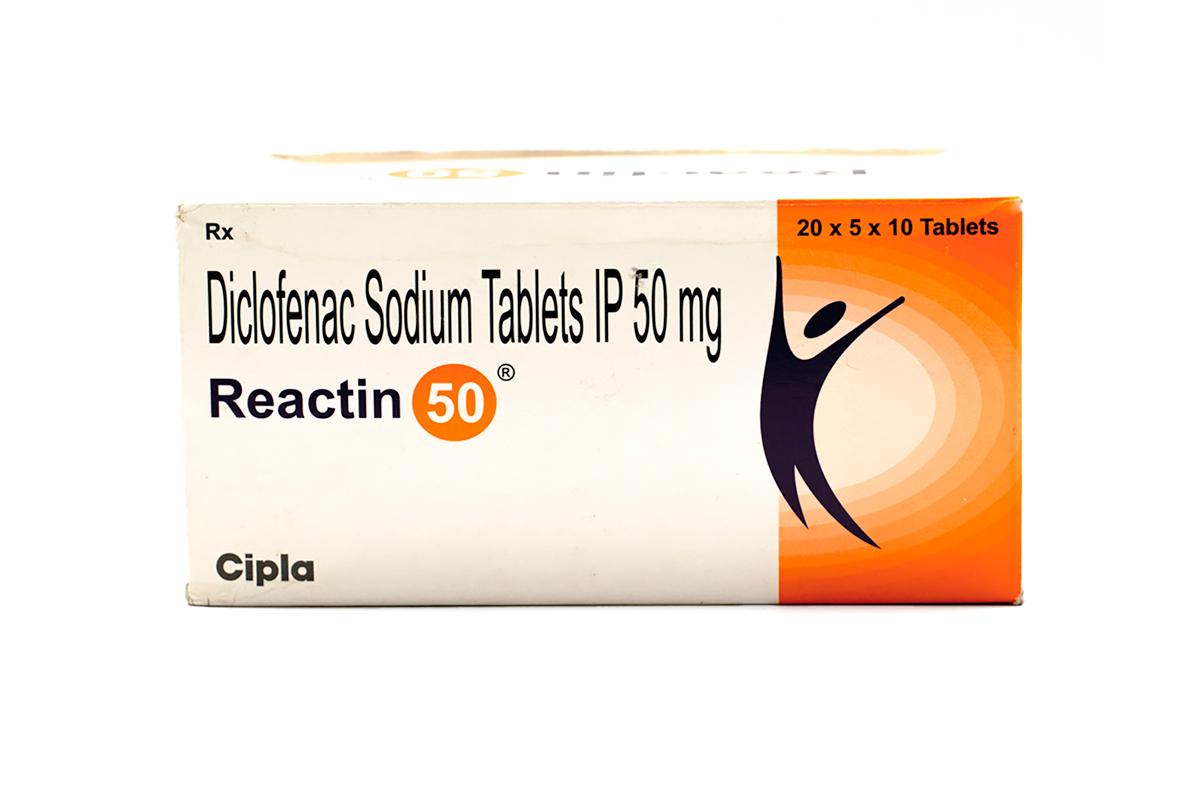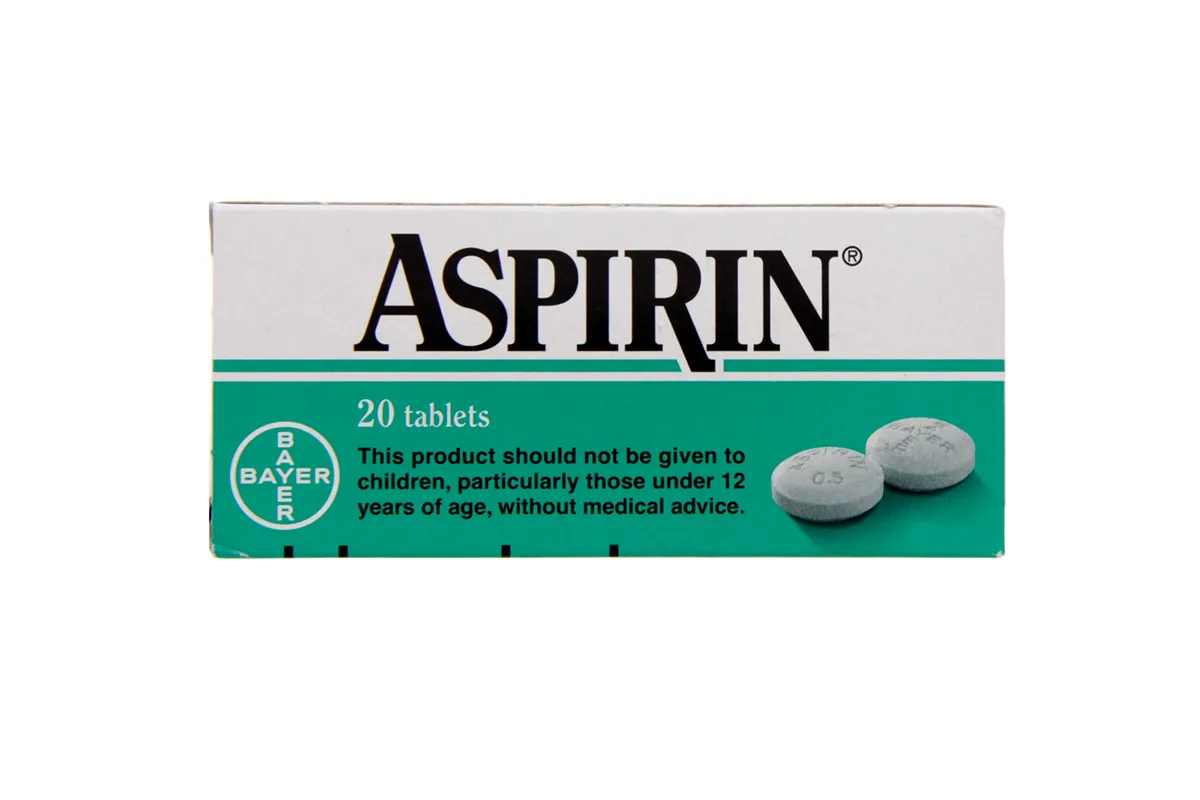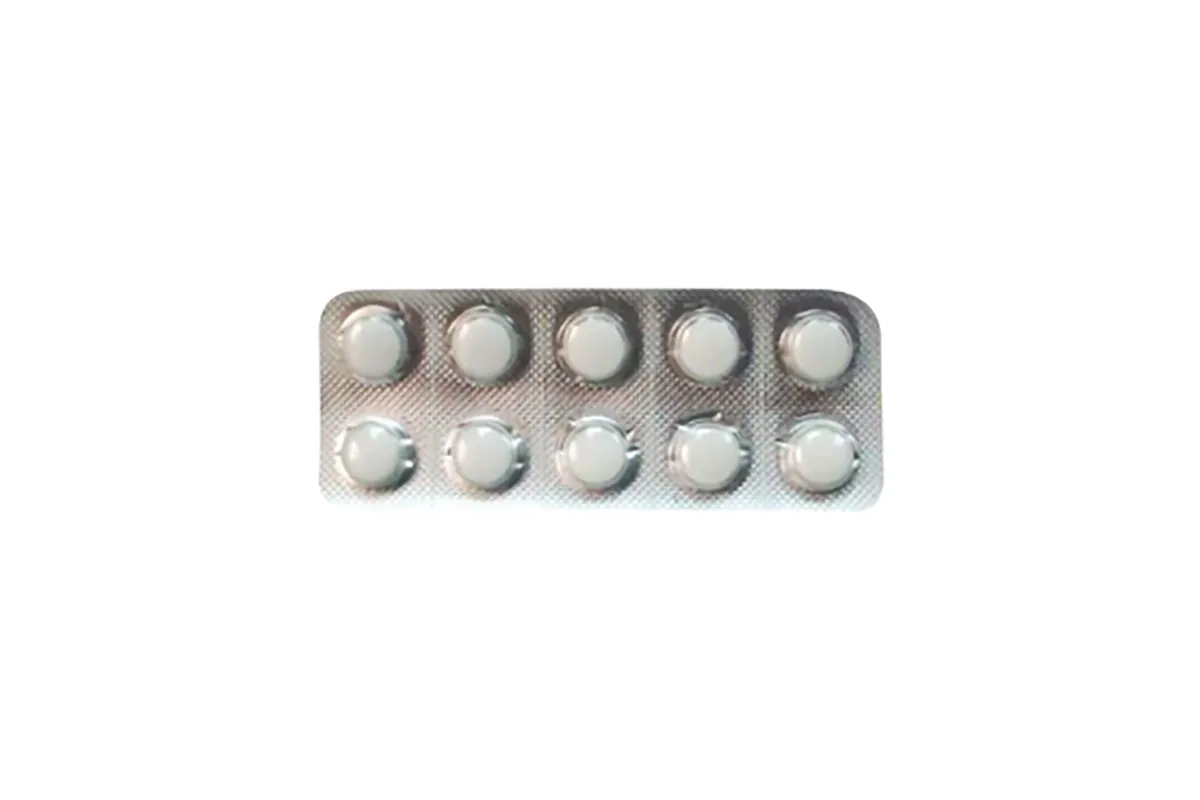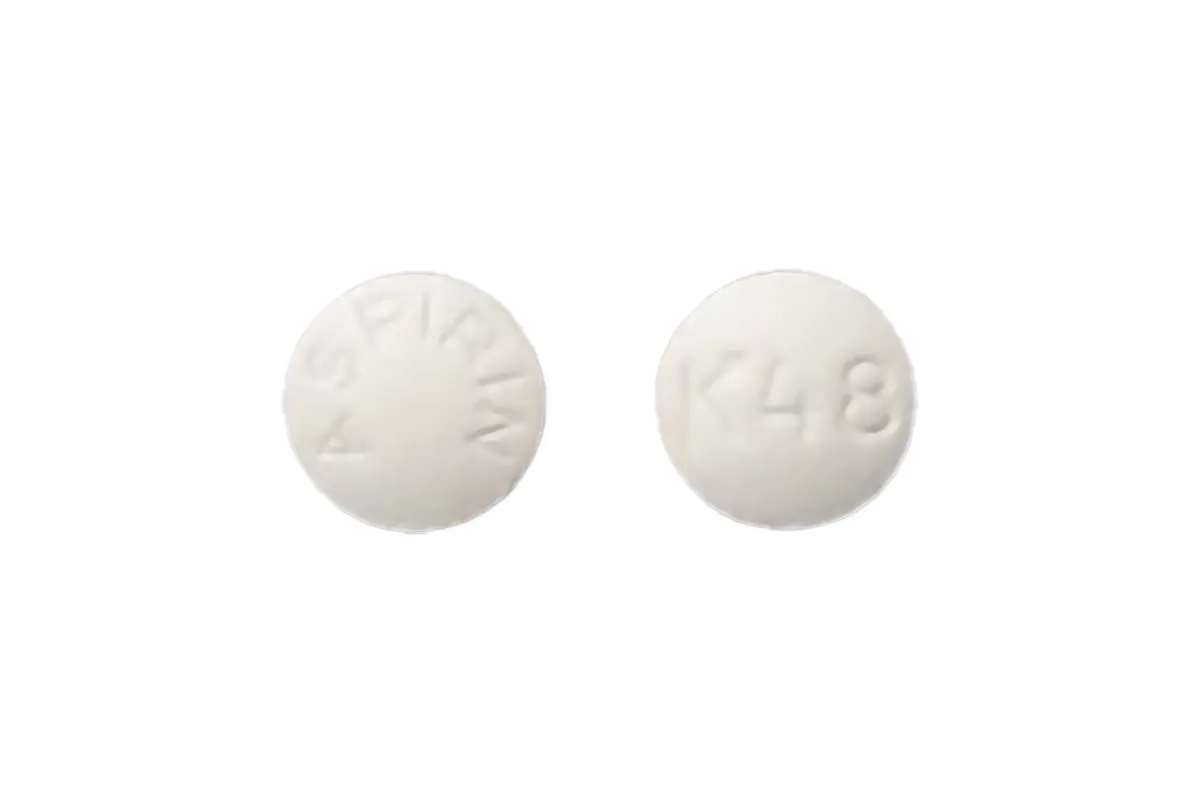Suggested Medicines
Human body is a complex structure of Bones and muscles, in addition human life is full of momentum. The body has been the vital part in this momentum, small ups and downs happen and the structure gets disturbed in the form of muscle aches, swelling , arthritis and many others.
About 237 million of the world population get affected by osteoarthritis every year. More than 80 percent of people have at least one cavity by the age of 34. Medicines tend to be a firm solution for pain. NSAIDS medications are prominently helping in maintaining the momentum of life. Naproxen is a great example of it, it is a NSAID that heals through its perfect mechanism on the affected area.
A Brief On Naproxen
Naproxen, a Nonsteroidal Anti Inflammatory Drug, works on various issues such as muscle aches, back pain , spasms, menstrual cramps, joint pain, osteoarthritis, rheumatoid arthritis, spondylitis and other off label use also. Brands like Aleve, Aleve PM, Naprelan, Naprosyn, Treximet have the active ingredient Naproxen. It was approved for use on prescription and for over the counter in 1994. It is also used for gout and also to control fever for a short period of time.
How Does Naproxen Work?
Any NSAID work similar as it comes under the same drug class, there might be some exceptions. Naproxen has a quick mechanism and its peak efficiency can be observed after 2 hours. It starts working in the initial first hour after consumption. The working mechanism of Naproxen is based on halting pain hormones to change how the body feels pain.
When any strain causes our body to produce the hormones known as Prostaglandin. Naproxen halts the production of the hormones by blocking the enzymes known as COX1 and COX2. When the synthesis of the hormones is stopped the pain itself gets halted and the affected area spasm or selling gets decreased. Due to its greater possibilities it also has off label uses.
Usages Of Naproxen
Medicine usages are distinguished into two types on-label and off-label. On label usage is prescribed by doctor or approved by FDA and off label usage is about the other non official uses of the medicines, if the doctor feels iit is appropriate to use.
On label consist of Headache, Toothache, Backache, Muscle aches Minor arthritics aches and pains Reduces fever for a brief period of time Cramps during menstruation, Tendonitis, Osteoarthritis, rheumatoid
Off Label uses consist of Migraines, Insomnia There will be also several off label usage contact your doctor for more information
Does Naproxen Have a Boxed Warning?
Naproxen has boxed warnings to suggest the drug effect can be dangerous. It is especially applied to certain conditions, drugs and abuse. Naproxen has an effect on the gastrointestinal systems as well as stomach ulcers. It can also increase the risk of heart diseases. The boxed warnings describe the after effects of the medicine.
Precautions To Be Taken For Naproxen
- Don’t use if you are allergic to naproxen
- Under 12 years of age should have doctors consideration
- Pregnant ladies should not be consuming Naproxen
- It is better to take naproxen with a full meal to avoid gastrointestinal issues.
- Heart diseases or heart patient should take consultation before use
Side Effects Of Naproxen
Get quick medical help if you have symptoms of an adverse reaction to Naproxen (Aleve):
- Runny or stuffy nose, or both
- Respiratory issues like wheezing
- Hives
- Swelling of the lips, tongue, cheeks, or throat
- If you have sudden numbness or weakness on one side of your body, slurred speech, chest pain that radiates to your shoulder or jaw, or shortness of breath, seek emergency medical treatment.
- Stomach pain
- Constipation
- Grogginess drowsiness
- Headache
- Sleepiness
- Heartburn
- Sickness and nausea, as well as abdominal bleeding and abdominal perforation
- Lightheadedness
- Stomach ulcer that is retaining liquids
- Diarrhea
- Diverticulitis-related respiratory issues hearing disturbances
Interactions Of Naproxen
Before taking naproxen, talk to your doctor if you're also taking an antidepressant such as citalopram, paroxetine, sertraline, fluvoxamine, trazodone, or vilazodone. You run the risk of easily bruising or bleeding if you take any of these drugs along with an NSAID.
The following medicines interact with Aleve:
- Ketorolac
- Intranasal
- Lisinopril
- Methotrexate
- Moexipril
- Pemetrexed
- Perindopril
- Quinapril
- Enalapril
- fosinopril
Can You Buy Naproxen Online?
Getting medications on time, and that too at home or whatever your address is. It seems so comfortable and convenient plus it is very helpful in times of emergency. Buying medications online with safety is another part of the point , there are many signs you can use to identify a safe ordering process. You can buy naproxen online by observing the below
- Make sure you are using the website have ssl i.e https not http as it conforms to the safety of the website.
- Check out for reviews.
- See if it does not redirect to other links.
- Check the payment options they provide.
- Read the terms and conditions regarding returns, exchanges or refunds.
- Check their chat or customer service is available at times.
- Certifications like legal script, FDA, and licenses are mandatory for telehealth services.
- Check the delivery invoices.
It's easy to buy naproxen online as these sites provide an easy to understand interface where you can just search, buy, pay and get delivered.
Can You Buy Naproxen 500mg Over The Counter?
Naproxen strength lies from 250mg to 500mg. It is available both online as well as Over the counter. There are also prescriptions available to it, if you are well aware of the medicine and your condition, you can buy naproxen 500mg over the counter. Else you can show your Rx for a specified dose to the pharmacy.
Conclusion
Getting medications online and over the counter should be done with precaution. As an Nsaid, Naproxen is available in most pharmacies due to its demand and proven effective method. It act as a pain reliever in various bone related pain like arthritis, rheumatoid as well as for migraines and sleep disorders as off label use, with such benefits you can get it online or otc with exclusive benefits and discounts.


